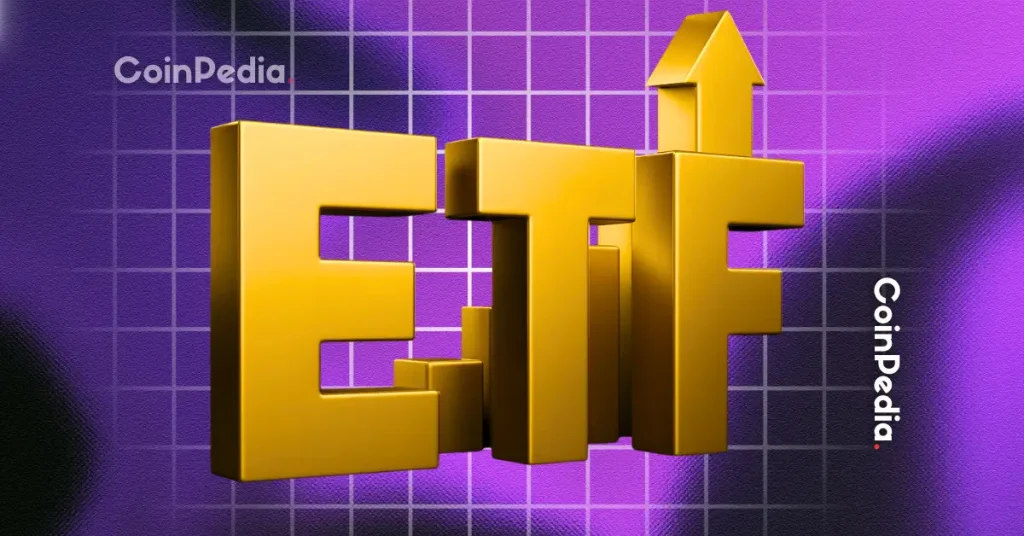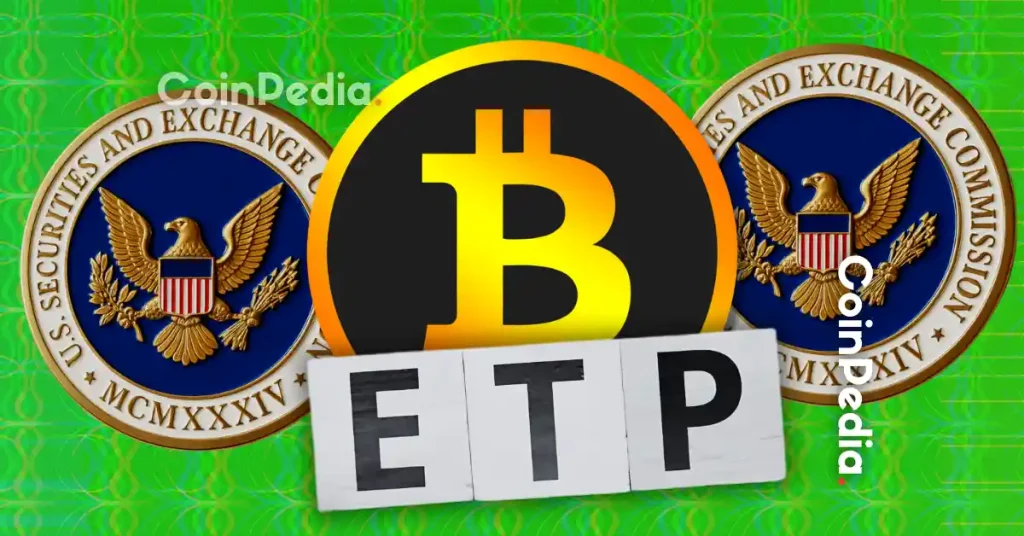
The post While Cardano (ADA) and Litecoin (LTC) Witness Dip, InQubeta (QUBE) Upholds Remarkable Uptrend appeared first on Coinpedia Fintech News
Amid a market dip, some crypto projects are losing steam, but there’s one brand that stands tall with an impressive uptrend – InQubeta (QUBE).
InQubeta is a trailblazer in the crypto crowdfunding space, pioneering the world’s first platform that enables fractional investment in AI startups using QUBE tokens, offering a unique and accessible investment opportunity for AI enthusiasts.
InQubeta (QUBE) Upholds Remarkable Uptrend
InQubeta’s solid foundation and user-friendly approach have garnered widespread interest from investors and startups alike. Their NFT marketplace has transformed how AI startups raise funds and engage with their community. By minting investment opportunities into NFTs and fractionalizing them, InQubeta allows investors to invest according to their budget, making it an attractive option for both seasoned and new investors.
The QUBE token, built on Ethereum’s robust blockchain, is the lifeblood of the InQubeta ecosystem. With a deflationary design, 2% of all buy and sell transactions go to a burn wallet, enhancing the token’s value over time. The 5% sell tax feeds a dedicated reward pool, allowing investors to earn rewards by staking their tokens, encouraging long-term engagement and fostering a supportive community.
What sets InQubeta apart is its vision for the intersection of AI and crypto, empowering investors to participate in the growth and invention of AI technology startups without the inefficiencies and barriers of traditional investment methods. The NFT marketplace allows startups to raise funds and offer reward and equity-based NFTs, while QUBE token holders invest in projects they believe in, creating a mutually beneficial ecosystem.
Investing in AI startups through InQubeta supports the companies’ growth and fuels advancements in AI technology, improving various aspects of our lives. The platform’s transparent and secure investment process, powered by blockchain and smart contracts, ensures a democratic and accessible investment ecosystem.
Cardano (ADA) Witnesses Dip Amidst Market Challenges
Cardano (ADA), once hailed as a promising project, is currently experiencing a dip in the market amidst various challenges. While it was initially considered a potential game-changer for the blockchain industry, recent developments have raised concerns among investors and enthusiasts alike.
One of the main factors contributing to ADA’s decline is the increasing competition in the blockchain space. As more platforms emerge, offering similar features and functionalities, ADA’s unique selling points have been somewhat overshadowed. This has led to decreased demand and interest from investors seeking more inventive and specialized projects.
Moreover, scalability and transaction speed have been persistent issues for Cardano. Despite its promise to address these concerns, progress has been slower than expected, leading to doubts about its ability to compete effectively with other blockchain networks. This lack of substantial progress has led some investors to seek alternative options with better performance and scalability.
While Cardano’s development team continues to work on improvements, the lack of timely updates and tangible results has dampened investor confidence. Many investors are seeking projects that can demonstrate actual use cases and real-world applications, and the delay in achieving these milestones has hindered ADA’s growth and adoption.
Litecoin (LTC) Struggles to Maintain Momentum Amidst Market Headwinds
Litecoin (LTC), once considered the “silver to Bitcoin’s gold”, is experiencing difficulties in maintaining its momentum amidst market headwinds and growing competition in the cryptocurrency space.
One of the significant challenges faced by Litecoin is its struggle to differentiate itself from other cryptocurrencies, particularly from its more dominant counterpart, Bitcoin. While Litecoin aimed to be a faster and cheaper alternative to Bitcoin, other projects with even more advanced features and functionalities have emerged, leading to decreased demand for LTC.
Additionally, the lack of substantial updates and developments on the Litecoin network has caused investor interest to wane. The cryptocurrency market is highly dynamic and rapidly evolving, and investors constantly seek projects demonstrating active development and invention. The relative stagnation in Litecoin’s progress has resulted in decreased enthusiasm from both investors and developers.
In recent years, Litecoin has also faced increased competition from newer blockchain projects that offer more novel and specialized features. These projects have attracted investors and developers, diverting attention away from Litecoin and potentially hindering its growth and adoption.
Conclusion
InQubeta (QUBE) stands out as a pioneer in the crypto world, offering an inventive platform for fractional investment in AI startups. While Cardano (ADA) and Litecoin (LTC) face challenges, InQubeta’s transparent NFT marketplace and QUBE token present a unique opportunity for investors and startups.
Leveraging blockchain and smart contracts, InQubeta creates a democratic ecosystem, empowering the growth and success of AI technology ventures. A trailblazer in the crypto crowdfunding space, InQubeta represents the potential of blockchain technology in shaping the future of AI investments.

 2 years ago
115
2 years ago
115














 English (US) ·
English (US) ·